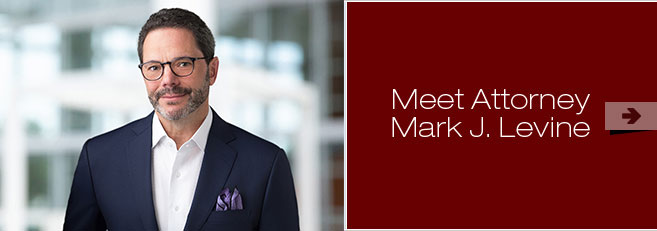Categories
Recent Posts
- A Better Way to Limit the Overuse of Noncompete Agreements
- NAVIGATING THE EEOC’S RECENT REGULATIONS ON THE PREGNANT WORKERS FAIRNESS ACT
- Meaningful Harassment Training
- Put it in Writting
- Get A Receipt: How to stop employee misappropriation
Archives
- August 2024
- June 2024
- December 2023
- October 2023
- May 2023
- February 2023
- October 2022
- August 2022
- May 2022
- April 2022
- March 2022
- January 2022
- June 2021
- May 2021
- December 2020
- September 2020
- July 2020
- May 2020
- March 2020
- February 2020
- December 2019
- October 2019
- September 2019
- June 2019
- April 2019
- March 2019
- January 2019
- December 2018
- September 2018
- June 2018
- May 2018
- February 2018
- January 2018
- December 2017
- September 2017
- July 2017
- May 2017
- April 2017
- January 2017
- October 2016
- September 2016
- July 2016
- June 2016
- May 2016
- March 2016
- February 2016
- December 2015
- November 2015
- October 2015
- August 2015
- June 2015
- May 2015
- March 2015
- January 2015
- December 2014
- November 2014
- September 2014
- August 2014
- July 2014
- May 2014
- April 2014
- March 2014
- February 2014
- January 2014
- November 2013
- September 2013
- August 2013
- July 2013
- June 2013
- May 2013
- April 2013
- February 2013
- January 2013
- October 2012
- August 2012
- July 2012
- May 2012
- April 2012
- January 2012
- December 2011
- November 2011
- October 2011
- September 2011
- May 2011
- March 2011
- January 2011
- December 2010
- November 2010
- October 2010
Selecting Managers Who Avoid Lawsuits
Posted on January 28, 2022 in Consulting
A business positions itself best to avoid employee-related claims by hiring strong managers. Good supervisors are the key to helping employers avoid the courthouse. And, when the suits happen, as they do, the winning cases have a common feature: a good manager at the center of the case prepared to defend the company.
Based on all my experiences meeting the managers accused of being “evil” discriminators, I formed my thoughts on who employers should entrust with management authority. Here are my tips for selecting managers who help you avoid employment problems.
1. A PLEASANT, RESPECTFUL TEMPERMENT
Some people naturally possess a temperament suited for supervisory responsibility. Good managers reserve judgment until they know the facts. They tend to be patient as well as good listeners. They let employees talk, share their views, and even rant a bit. Only after listening carefully, they calmly – never yelling — explain a course of action with reasonable and achievable requests. Finally, they show respect to all and never speak ill of others in public settings.
This all sounds so simple, right? But not many people inherently possess these qualities. So what are we mere mortals supposed to do? The answer centers on training and coaching. A good employer can work with the rest of us – me included – to help normal people who get frustrated, irritated, and jump to quick conclusions to find ways to slow down, listen better, and think through best practices and smart decisions.
But the real tip here is not to promote into management a person who you believe fundamentally lacks the proper temperament or the ability to be coached to develop this critical trait.
2. GOOD JUDGMENT CALLS
Quality managers make decisions and stand by them. They give the team credit for wins, and they share responsibility when their leadership resulted in a less than desirable result. The distinction between good and weak managers is not necessarily making mistakes but errors in judgment. Mistakes occur because of an oversight or misunderstanding of facts. Usually, mistakes can be fixed.
In contrast, errors in judgment spur the reaction: “What were you thinking?” or “What possibly caused you to make that decision?” (Think 15-16 year old boys who do dumb stuff seemly instinctively.) Mistakes can be explained by missing some pieces to the decision. Poor judgment rarely can be explained.
The Tip: People possessing poor judgment traits nearly never work well in a supervisory role.
3. SKILLS, NOT SENIORITY
Some workplaces assume seniority as a right to promotion. Yet, on its own, seniority does not justify promotion to management. An employee may be great in a job, but the character traits for managing others rarely flow from doing good work for a long time.
My tip is simple: Tenure should not in itself be the reason for promotion to management. To avoid the notice that tenure justifies promotion, I suggest employers clearly articulate – in writing – that while seniority may be considered in the promotion to supervisory positions it will never be a decisive factor and that skills, more than tenure, will be key factors.

